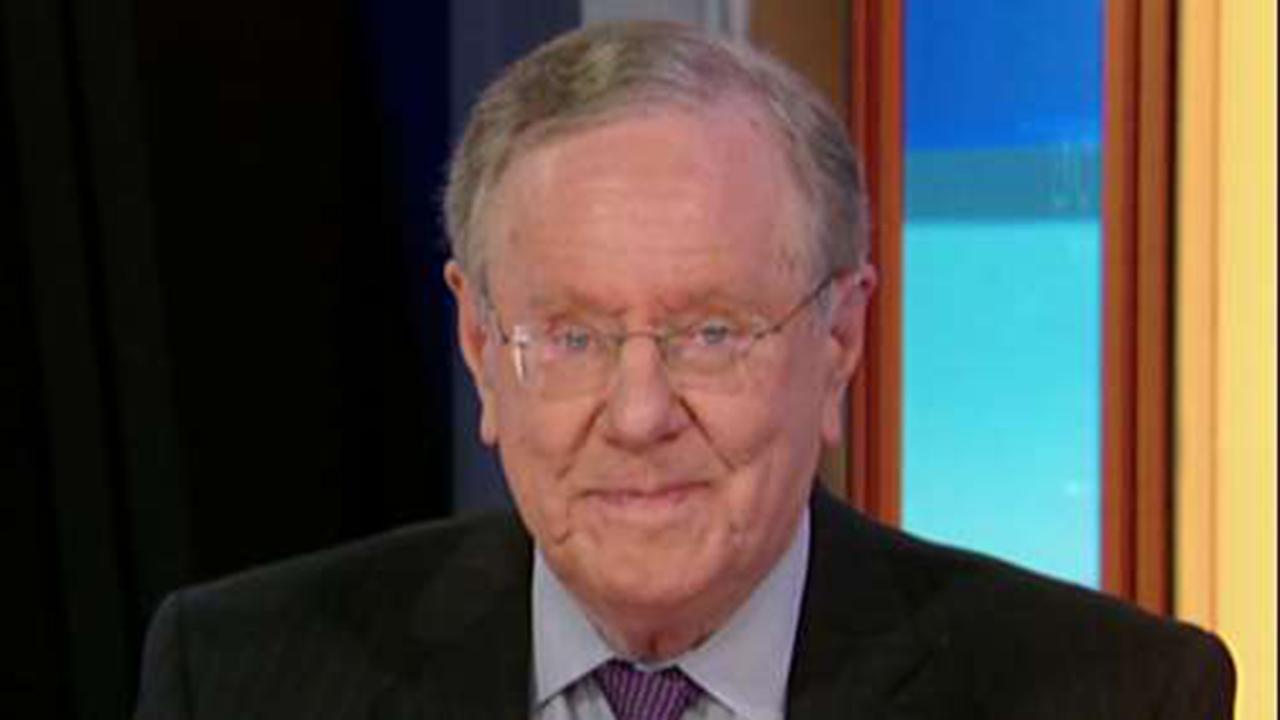The ECB could foreshadow the Fed's next rate cut
A deeply divided European Central Bank voted during their meeting on Thursday, one of the most significant in recent history as the European Union teeters on the brink of a recession, to approve an aggressive fiscal stimulus package to combat growing economic headwinds.
The central bank cut its deposit facility rate by 10 basis points to -0.50 percent and said it will restart its asset-purchase plan at a monthly pace of 20 billion euros as of Nov. 1, citing low inflation.
The ECB's decision on Thursday set off President Trump, a frequent critic of the Fed and its chairman, Jerome Powell.
At the Fed's policy-setting meeting next week -- 88 percent of traders are forecasting that the U.S. central bank will lower the benchmark federal funds rate by a modest 25 basis points which still leaves rates higher than many of our foreign counterparts.
Powell, who has cited weak global growth as a threat to economic growth in the U.S., will likely factor in falling global rates around the Fed's next rate decision.
“U.S. rates can diverge to some extent from global rates but there’s a limit to how far that process can go, because of integrated capital markets,” Fed Vice Chairman Richard Clarida recently told FOX Business.
The concern is that if the U.S. didn’t send its rates lower alongside the ECB, it could lose demand to Europe, putting downward pressure on inflation and overall economic growth.
Policymakers cut rates in July by a quarter percent for the first time since the start of the financial crisis, setting the rate range between 2 percent to 2.25 percent, citing "global developments in the economic outlook as well as muted inflation pressures." At the time, Fed officials did not say whether they anticipated additional cuts, but warned it was not the beginning of an aggressive rate-cutting series.
Since then, however, global economic conditions have significantly weakened: Manufacturing contracted in the U.S. for the first time in three years; the spread between two-year and 10-year Treasury yields inverted, a common harbinger of an impending recession; and employment data in the U.S. suggested the labor market is softening, all amid heightened trade tensions between the U.S. and China.
CLICK HERE TO GET THE FOX BUSINESS APP
During a question-and-answer session last week in Zurich, Switzerland, Fed Chairman Jerome Powell acknowledged that while the data shows the U.S. economy is growing at a moderate pace, there are competing threats to the picture.
"We're going to act as appropriate to sustain the expansion," Powell said. "I don't have anything other than that to say here tonight."




















